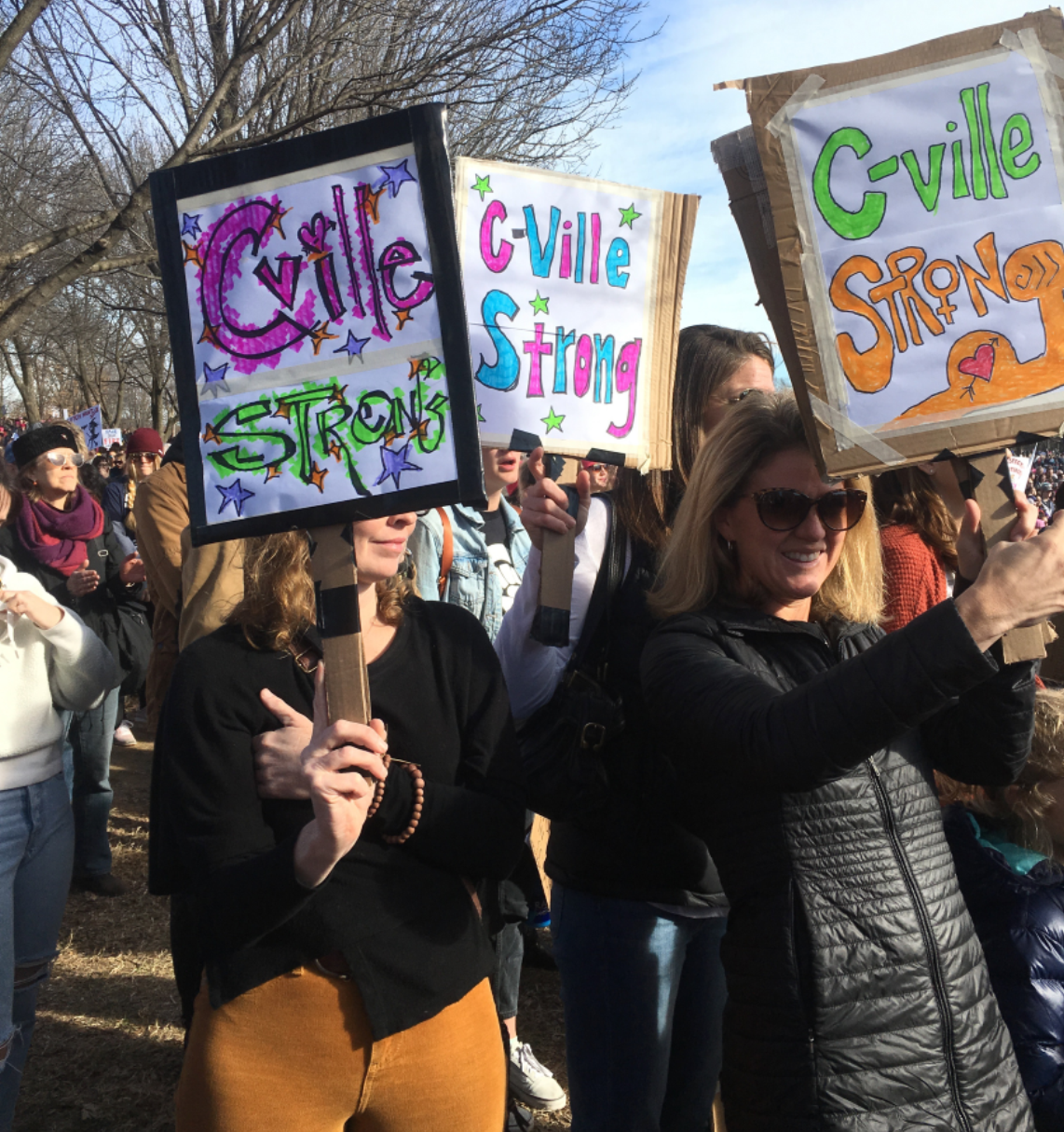
Controversy Weakens the Women’s March
Callan Shore, assistant editor
In January, the Women’s March celebrated its third anniversary, but not everyone was offering their congratulations. The leaders of the Women’s March represent many diverse groups, but recently there has been speculation of anti-Semitism at the group’s core.
The first objections from the public began when Women’s March co-chair Tamika Mallory attended a Louis Farrakhan event in 2015. As Jennifer Wright wrote in the Harper’s Bazaar article “Should You Attend the Women’s March?” Louis Farrakhan is the leader of Nation of Islam, a group that is openly anti-Semitic and anti-LGBTQIA+. Additionally, according to New York Time’s article “Women’s March Roiled by Accusations of Anti-Semitism,” another co-chair Vanessa Wruble asserted that she faced anti-Semitic comments from Tamika Mallory and Carmen Perez (another co-chair). Although some sources have said this did not happen, there are also many who have confirmed Wruble’s account. The Women’s March, as a group, and Mallory, as an individual, have issued short responses to the controversy.
In 2017 and 2018, Charlottesville was one of many towns to organize a small march in solidarity with the Washington march. In 2017, organizers set a schedule complete with training in bystander intervention, a small march around IX Art Park, guided meditation, and speakers. In 2018, the local march was less organized but expanded to the Sprint Pavilion on the Downtown Mall. This January, however, there was no march in Charlottesville. Many other Women’s marches around the country were canceled this year as well in areas like Cincinnati, Chicago, and California. The D.C. march also saw a large decrease in attendance.
This is not the first time the Women’s March has been called problematic, though. From the beginning, it has been criticized for both copying the Million Women March that was led by black women in 1997 and focusing on white women’s concerns over others. It has also been called out for excluding women with pro-life views.
Charlottesville native Jamila Pitre said, “I attended the D.C. Women’s March in 2017 and 2018, and I found it to be an experience of optimism and compassion. However, as I became aware of allegations of antisemitism and criticisms of cis-normative themes, I made the decision to forego the march this year. In the face of the challenges we’re currently confronting, such as the horrific act of terrorism and antisemitism in Pittsburgh and the trans-military ban, I feel that advocating for intersectional feminism is of the highest importance.”
In Vox article “Anti-Semitism concerns leave the future of the Women’s March in doubt,” Anna North cited that powerful figures, including the woman who first sparked the idea for the Women’s March, have called for Mallory, Perez, Bob Bland, and Linda Sarsour to step down as leaders of the Women’s March.
As for the perspective of women who attended the marches in D.C. and NYC this year, the consensus of popular activists Nadya Okamoto and Deja Foxx was that it was not inclusive, the crowd lacked diversity, and the calls-to-action were vague and not inspirational.






